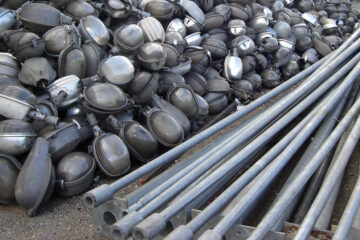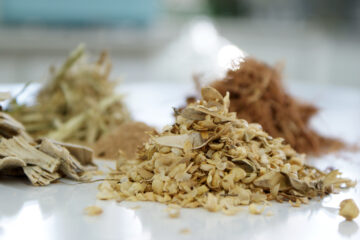Palestras
Análise dos acidentes com embarcações na região amazônica, a partir de uma atualização das estatísticas e de uma revisão dos fatores de risco
Resumo: O presente trabalho apresenta os resultados de um levantamento amplo dos acidentes ocorridos com todo tipo de embarcações na região amazônica, assim como apresenta uma análise dos fatores de riscos presentes nos acidentes e uma proposição de maneiras de minimizá-los. Assim, foram analisados acidentes envolvendo navios na calha principal Leia mais…



